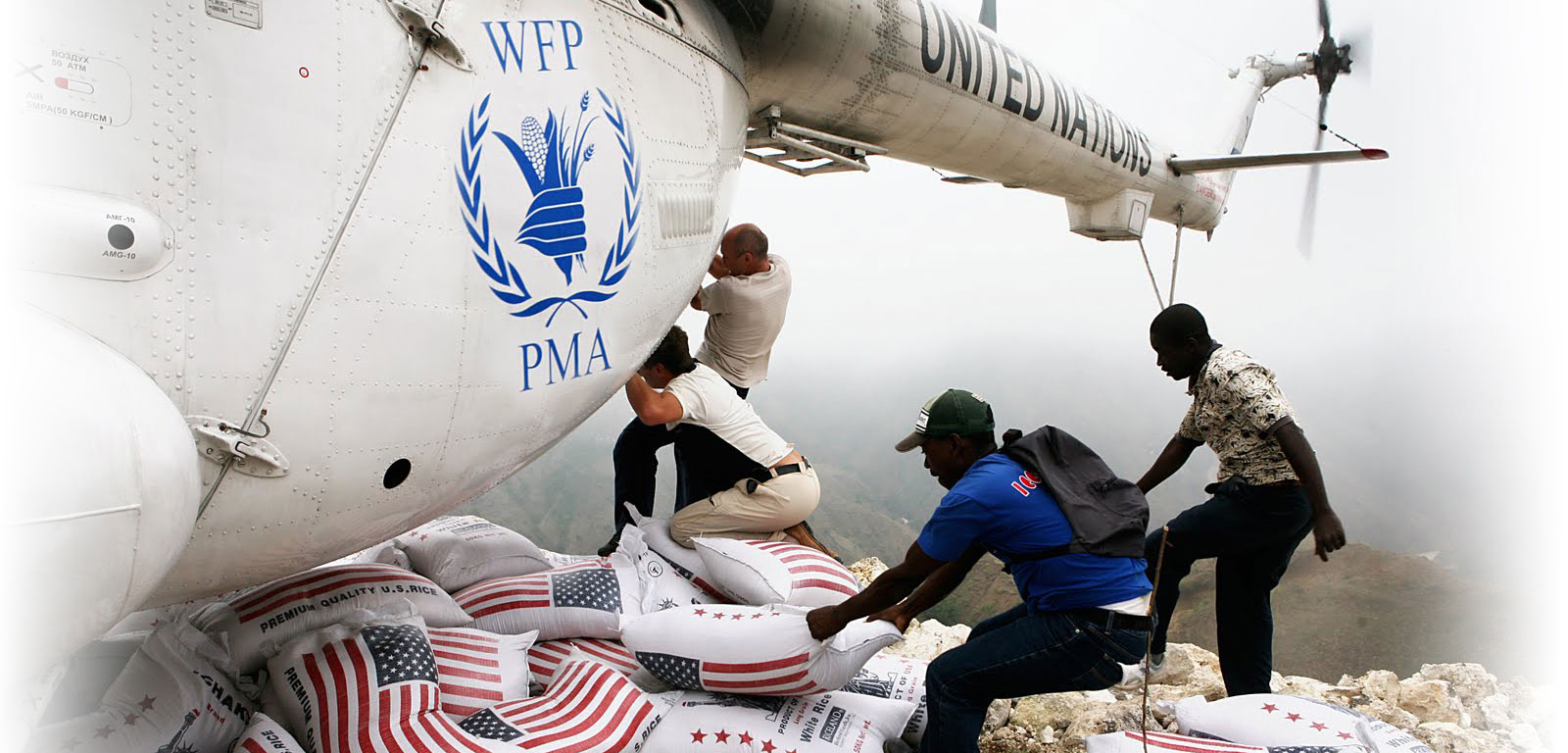The Food Aid Quality Review provided support to USAID’s Bureau for Humanitarian Assistance, legacy Office of Food for Peace, and partners by providing actionable recommendations on ways to improve nutrition among vulnerable people for whom the distribution of food assistance can make a significant impact. Phase I of the project provided USAID with recommendations to make the most appropriate decisions for providing both effective and cost-effective assistance, which were published in Delivering Improved Nutrition: Recommendations for Changes to U.S. Food Aid Products and Programs. Phases II and III addressed not just the nutritional quality and composition of food assistance products, but also the nature of programming and the processes that support programming along the entire supply chain. More information about FAQR activities from the inception of the project in 2009 to its conclusion in 2021 can be found in Improving Nutrition Through Food Assistance: Achievements of the Food Aid Quality Review.
Since the global food crisis of 2008, nutrition has gained prominence in the global development agenda. Many countries face a serious public health challenge from undernutrition – at last estimates, 24% of all children under 5 are stunted and 8% are wasted. The economic losses from low weight, poor child growth, and micronutrient deficiencies amount to 11% of lost GDP in Africa and Asia each year.
Organizations around the world are trying to improve the nutritional status of vulnerable populations by providing food aid. However, we currently lack evidence on which foods to use and how to deliver them where improvements in nutrition are a defined goal. REFINE supports consensus-building on such topics by collecting ongoing studies and published evidence, and defining what we know and where knowledge gaps still exist.
Contact us for additional information about REFINE.
This website is made possible through support of the United States Agency for International Development’s Bureau for Humanitarian Assistance. The contents are the responsibility of Tufts University and do not necessarily reflect the views of USAID.
Photo credit: Patrick Webb (Home page), Betty Press (About Us), Kiyori Ueno/Heidi Reed/Mette Karlsen (Links page)

